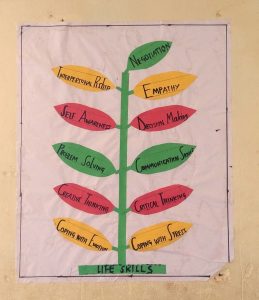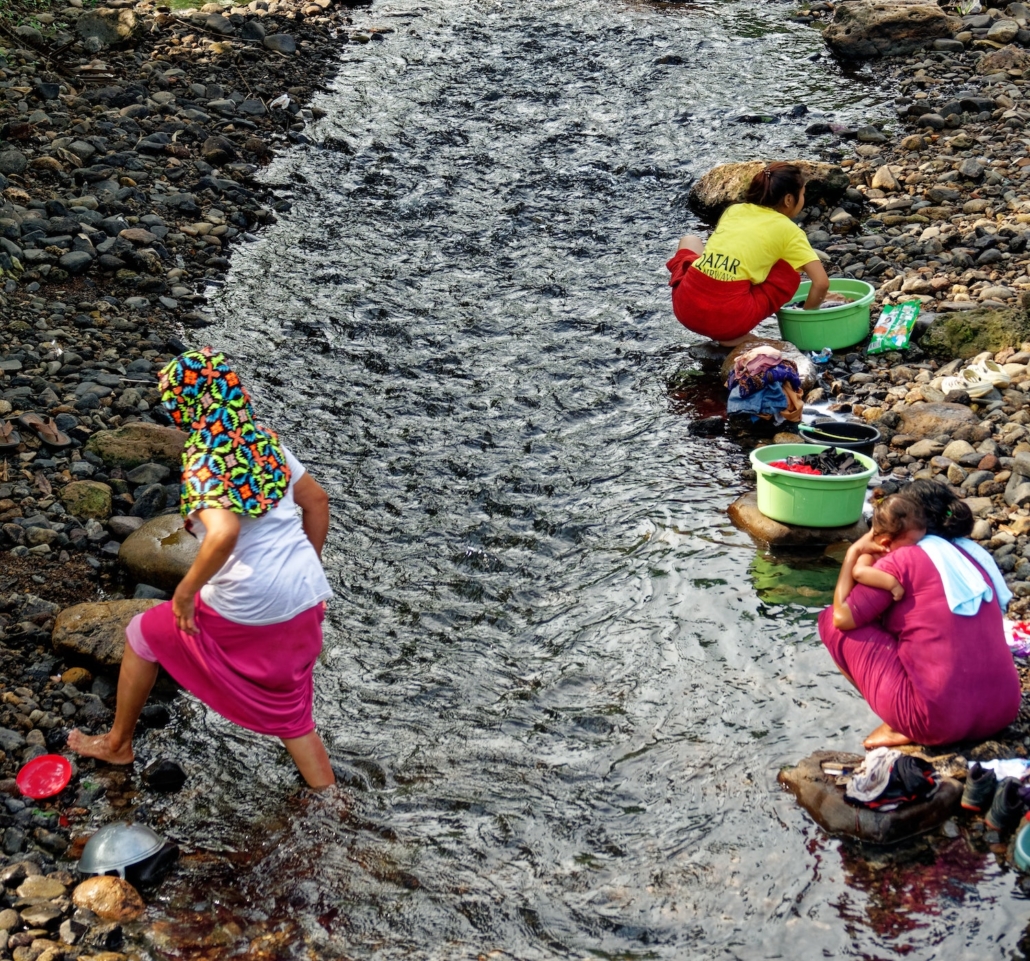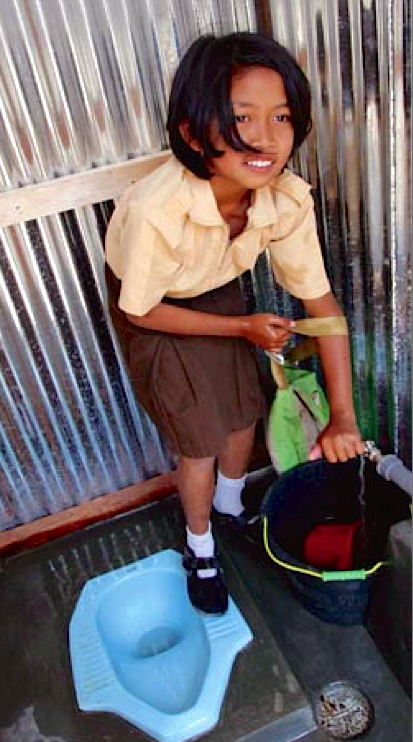
Spotlight: TANZANIA
Promoting Safe Sex Among Adolescents
Policy Issue
- Sub-Saharan African countries experience the highest rates of teenage pregnancy, early marriage, HIV, and other sexually transmitted infections in the world.
- In Tanzania, approximately 60 percent of females say they have had sex by age 18. Yet less than 10 percent of adolescents aged 15 to 19 report using any modern contraceptive method.
- Because programs to improve supply (e.g. access to contraceptives) and programs to increase demand (e.g. education on the importance of contraceptive use) are typically bundled together, it is difficult to discern which types of interventions are most effective in improving sexual and reproductive health outcomes.
- The majority of existing programs tend to target only females, while descriptive data suggests that males may have more control over decisions around contraceptive use.
Implementing Partner
BRAC, an international development organization dedicated to alleviating global poverty, launched the Empowerment and Livelihood for Adolescents (ELA) program in 2008. The program provides a safe space, skills training, and microfinance to increase the social and financial empowerment of girls and young women aged 12 to 24. ELA clubs now operate in Bangladesh and across sub-Saharan Africa, including nearly 150 clubs in Tanzania.
Intervention
Females:
- Adolescent girls are offered sexual and reproductive health (SRH) education through the ELA clubs in Tanzania, to assess the effectiveness of demand-side issues.
- Every two months, the girls are offered free contraceptives from Marie Stopes Tanzania, to assess how supply-side constraints affect low contraceptive rates.
- A subsample of females was asked to set three specific strategies to remain HIV/STI free. This goal-setting exercise will allow researchers to investigate the impact of commitment to sexual and reproductive health on SRH outcomes.
Males:
- Males from the sexual networks of females receive education around SRH and domestic violence issues through soccer clubs sponsored by Grassroots Soccer.
- By adding male peers to the intervention, researchers will be able to test whether improving males’ knowledge of SRH results in larger improvements in female outcomes.
Assessment
To assess the effectiveness of the SRH programming, researchers will collect data on the adolescents’ SRH behavior, including reported sexual activity, pregnancies, and knowledge of contraception methods. In addition, they will gather data on other health behaviors, including drinking, smoking, socializing, and self-reported mental and physical health. Outside of health, researchers will analyze adolescents’ economic behaviors, including savings and employment status, along with other behavioral indicators, including risk-taking and optimism. Finally, researchers will map adolescents’ social networks to better understand how adolescents’ peers may influence their decisions.

ABOUT THE PROJECT
Researchers: Jennifer Muz, Manisha Shah
Location: Dodoma, Iringa, and Mbeya Regions, Tanzania
Sample: 6000 adolescents (4000 females and 2000 males) in 200 communities
Timeline: 2016 to present

Spotlight: INDONESIA
Reducing the burden of poor sanitation through health and hygiene interventions
Policy Issue
It is estimated that about 1.1 billion people worldwide practice open defecation as a result of a lack of access to sanitation facilities. Diseases caused by open defecation are preventable and disproportionately affect the poor. Millions of people contract fecal-borne diseases, most commonly diarrhea and intestinal worms, with an estimated 1.7 million people dying each year because of unsafe water, hygiene, and sanitation practices (WHO/UNICEF, 2010).
Context
In Indonesia, 110 million people lack access to proper sanitation and 63 million of them practice open defecation (WHO/UNICEF, 2012). Two of the four main causes of death for children under five in Indonesia (diarrhea and typhoid) are fecal-borne illnesses linked directly to inadequate water supply, sanitation, and hygiene issues (Ministry of Health, 2002). About 11 percent of Indonesian children have diarrhea in any two-week period, and it has been estimated that more than 33,000 die each year from diarrhea (Curtis, 2004).
Community-Led Total Sanitation (CLTS) is a program being widely implemented in more than 60 countries throughout Asia, Africa, Latin America, the Pacific, and the Middle East to address the sanitation burden. CLTS aims to create demand for sanitation by facilitating graphic community discussions of the negative health consequences of existing sanitation practices, rather than through the more traditional approach of providing sanitation hardware or subsidies.
As part of a learning agenda to address the burdens associated with poor sanitation, the Bill and Melinda Gates Foundation funded randomized controlled trials (RCTs) of sanitation and hygiene interventions in seven locations around the world. Shah, with her collaborator Lisa Cameron, led the Indonesia impact evaluation of CLTS in Indonesia.
Researchers’ Findings
- CLTS resulted in modest increases in toilet construction, reduced roundworm infestations, and decreased community tolerance of open defecation.
- Financial constraints faced by poorer households limited their ability to improve sanitation.
- Scale-up involved local governments taking over implementation from professional resource agencies. The sanitation and health benefits were found to accrue in villages where resource agencies implemented the program while local government implementation produced no discernible benefits.
- Initial levels of social capital were also found to be critical to program success. Villages with high initial social capital built toilets. In villages with low initial stocks of social capital, the community-led approach was counterproductive with fewer toilets being built than in control communities.

ABOUT THE PROJECT
Researchers: Manisha Shah and Lisa Cameron
Location: East Java, Indonesia
Sample: 2000 households
Timeline: 2008-2011

CONTACT US
6333, Public Affairs Building
Los Angeles, CA 90095-1656
Phone: (310) 825-2455
